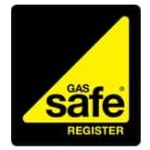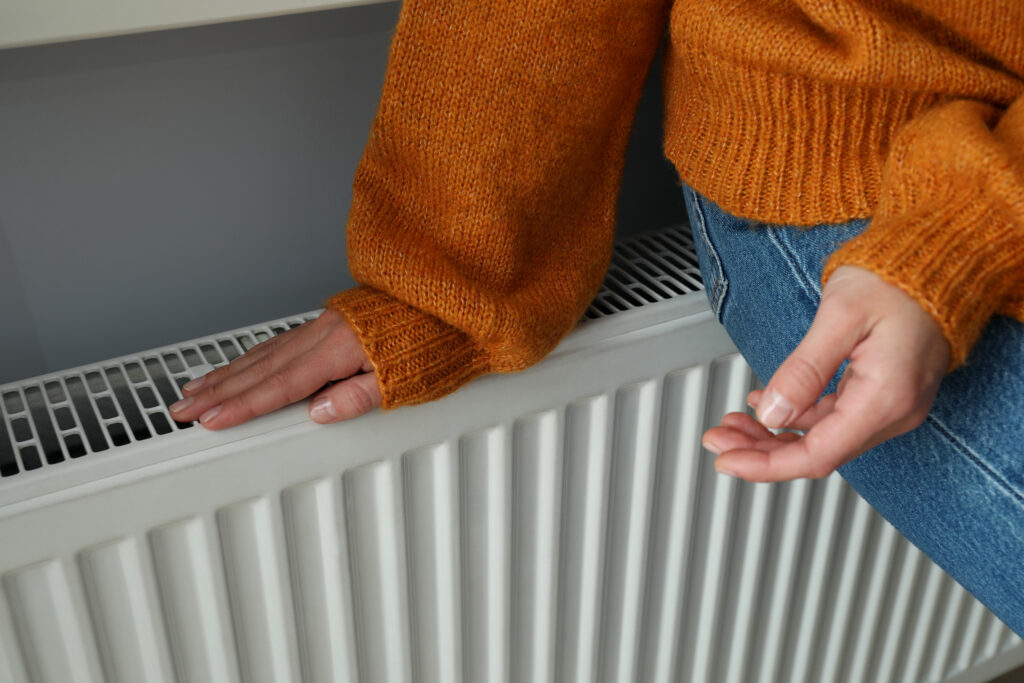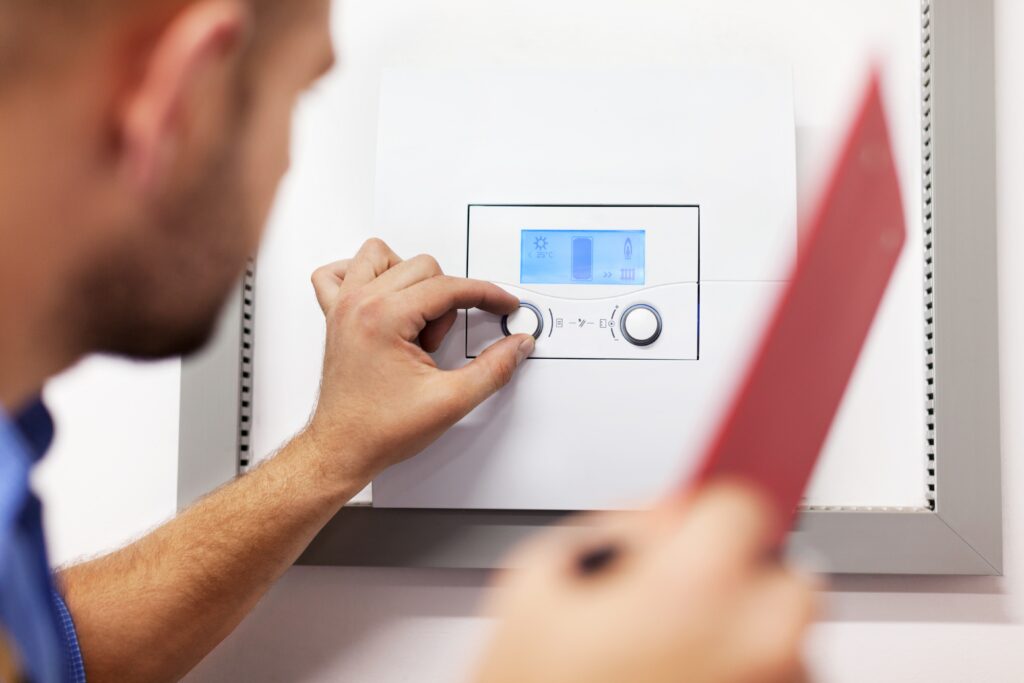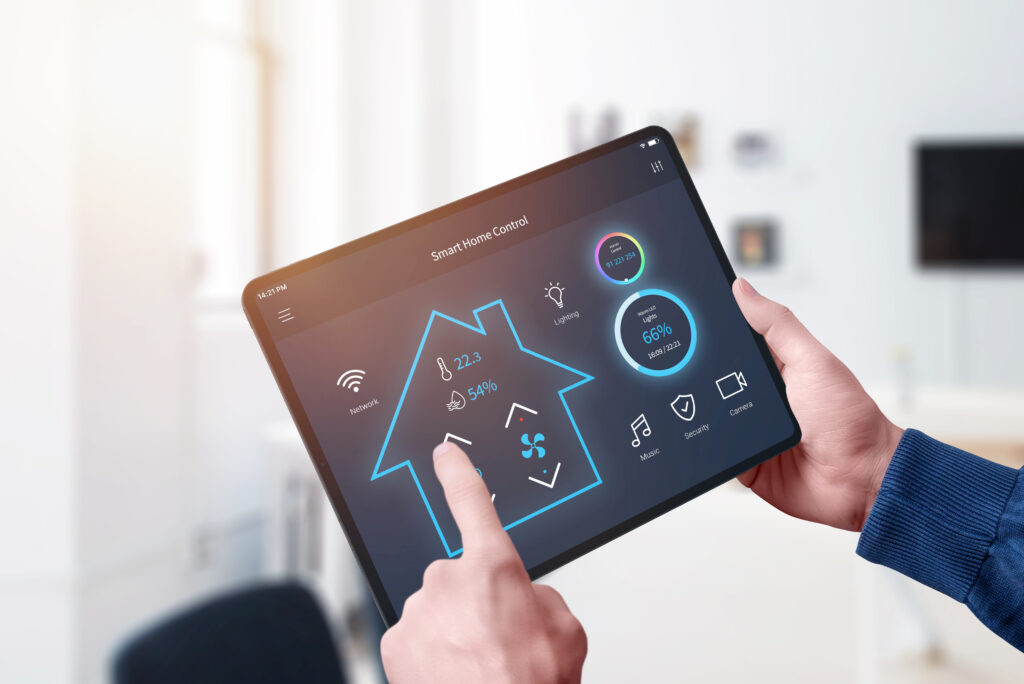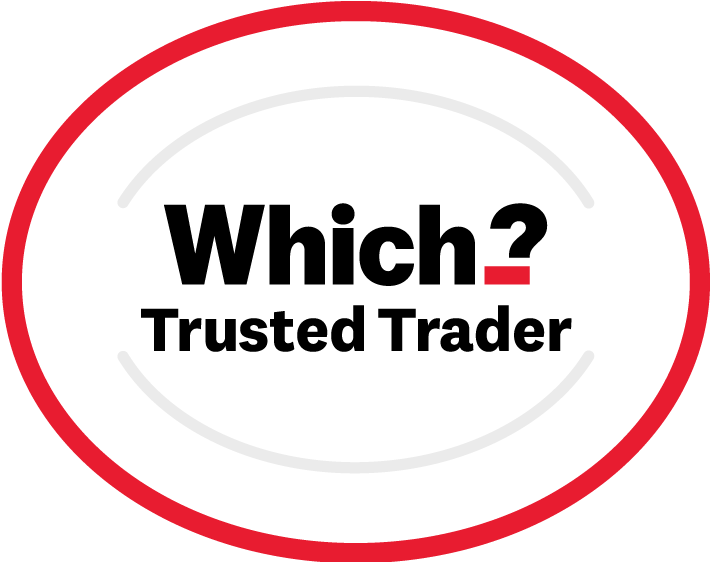Discover All About Solid Fuel Central Heating
Solid fuel central heating is a traditional and reliable way to heat homes in the UK. It operates by burning solid materials such as coal, wood, or biomass to generate heat, which is then distributed throughout the property via radiators or underfloor heating systems. Many homes, especially in rural areas, continue to rely on this method due to its cost-effectiveness and independence from mains gas and electricity.
Despite modern advances in heating technology, solid fuel heating remains an attractive option for homeowners looking for a dependable and self-sufficient heating system. With the increasing focus on sustainable energy sources, biomass heating systems have gained popularity as a more eco-friendly alternative to fossil fuels, ensuring that solid fuel heating continues to evolve to meet modern energy demands.
Understanding Solid Fuel Central Heating
A solid fuel central heating system works by burning fuel in a boiler or stove, which then heats water that is circulated through pipes to radiators or underfloor heating. The process is similar to gas or oil central heating, but instead of relying on fossil fuels from the grid, it utilises solid combustibles stored on-site. Many homes use a back boiler integrated with a fireplace or stove, allowing them to generate both heating and hot water simultaneously.
The efficiency of a solid fuel heating system depends on the type of fuel used and the design of the heating appliance. Older systems can be less efficient and require more frequent maintenance, while modern biomass boilers and high-efficiency stoves have improved performance and lower emissions. With proper installation and maintenance, solid fuel heating can provide consistent warmth and comfort throughout the year.
Types of Solid Fuels Used in Central Heating
Traditional solid fuel heating systems in the UK have historically used coal and anthracite due to their high energy output and long burn times. However, environmental concerns and regulations have led to a shift towards more sustainable fuel sources such as wood logs, pellets, and biomass. These alternatives produce lower emissions and are often sourced from renewable or waste materials, making them a more environmentally friendly choice.
Wood-based fuels, particularly pellets and logs, are popular among homeowners who want to reduce their carbon footprint while maintaining the benefits of a solid fuel system. Biomass fuels, which include wood chips and agricultural by-products, offer another sustainable option. These materials are often cheaper than fossil fuels and can be locally sourced, helping to support regional economies while providing an efficient and renewable heating solution.
Advantages of Solid Fuel Central Heating
One of the main advantages of solid fuel central heating is its cost-effectiveness, particularly in areas without access to mains gas. Solid fuels, especially locally sourced wood and biomass, can be more affordable than electricity and oil, providing a lower-cost heating alternative. Furthermore, solid fuel heating systems offer energy independence, allowing homeowners to store fuel on-site rather than relying on fluctuating utility prices or supply chain disruptions.
Another significant benefit is the reliability of solid fuel heating, especially in remote areas prone to power outages. Unlike electric heating, which depends on a continuous power supply, solid fuel systems function independently, ensuring warmth even during blackouts. With modern advancements in biomass technology, homeowners can now enjoy efficient, low-emission heating while maintaining the traditional appeal of solid fuel systems.
Disadvantages and Considerations
While solid fuel heating has many benefits, it also comes with certain challenges. One key consideration is the need for fuel storage, as solid fuels require dedicated space to keep them dry and accessible. For properties with limited outdoor or indoor storage, this can pose logistical challenges, especially in urban settings where space is at a premium.
Another factor to consider is maintenance. Solid fuel systems require regular cleaning to remove ash and soot buildup, as well as periodic servicing to ensure efficiency and safety. Unlike gas or electric heating, which often require minimal user intervention, solid fuel heating involves more hands-on management, making it less convenient for homeowners who prefer a low-maintenance solution.
Installation and Running Costs
The cost of installing a solid fuel central heating system varies depending on the type of boiler or stove, the complexity of the installation, and any necessary chimney or flue modifications. Traditional coal or wood-burning systems are generally more affordable upfront, whereas biomass boilers and pellet stoves require a higher initial investment due to their advanced technology and automation features. However, biomass systems can qualify for government incentives that help offset installation costs.
Running costs depend on the type of fuel used and its availability. While wood logs and biomass are generally cheaper than electricity and oil, coal prices can fluctuate. Homeowners should also consider additional expenses such as chimney sweeping, servicing, and fuel transportation, which can impact the overall affordability of solid fuel heating.
Is Solid Fuel Heating Right for Your Home?
Determining whether solid fuel heating is the right choice depends on several factors, including property location, access to fuel, and lifestyle preferences. Homes in rural areas often benefit the most from solid fuel heating, as they may lack access to mains gas and have ample space for fuel storage. Additionally, those with a preference for traditional fireplaces or stoves may find solid fuel heating an appealing option.
However, urban homeowners or those looking for a low-maintenance solution may find gas or electric heating more convenient. Modern hybrid systems that combine solid fuel with renewable energy sources, such as solar panels or heat pumps, offer an alternative for those who wish to balance traditional heating methods with sustainability.
Solid Fuel Heating Regulations in the UK
UK regulations surrounding solid fuel heating have evolved to address environmental concerns and safety requirements. The Clean Air Act restricts the use of certain fuels in smoke control areas, limiting the types of coal and wood that can be burned. Homeowners must ensure that their heating systems comply with these regulations to avoid fines and reduce air pollution.
Safety standards also require that chimneys and flues be regularly maintained to prevent carbon monoxide poisoning and fire hazards. In addition, government initiatives promote the use of cleaner biomass fuels, providing grants and incentives for those who upgrade to more environmentally friendly heating systems.
How to Maintain a Solid Fuel Heating System
Regular maintenance is essential for keeping a solid fuel heating system running efficiently. Ash and soot accumulation should be removed frequently to ensure proper airflow and combustion. Chimneys and flues must be cleaned at least once a year to prevent blockages and fire risks, particularly if burning wood or coal.
Servicing by a qualified professional is also recommended to inspect the boiler, flue, and ventilation system. Proper fuel storage is crucial, as damp wood or coal can lead to inefficient burning and increased emissions. By following these best practices, homeowners can maximise the efficiency and lifespan of their heating system.
Transitioning to More Sustainable Heating Options
With growing concerns about climate change, many homeowners are exploring alternatives to traditional solid fuel heating. Biomass boilers, which use renewable organic materials, provide a more sustainable option while maintaining the benefits of solid fuel systems. These systems are eligible for government support, making them a viable option for those looking to reduce their carbon footprint.
Hybrid heating solutions, such as combining a wood-burning stove with solar panels or a heat pump, offer additional energy efficiency. These options provide the warmth and comfort of solid fuel heating while reducing reliance on fossil fuels and improving environmental sustainability.
Thanks For Reading
Solid fuel central heating remains a popular choice for many UK households, offering a reliable and cost-effective way to heat homes. With various fuel options available, homeowners can select the most suitable and sustainable solution for their needs.
While there are considerations such as maintenance and fuel storage, advances in biomass technology and hybrid systems provide new opportunities for those seeking a balance between tradition and sustainability. Whether used as a primary heating source or in combination with modern systems, solid fuel heating continues to be a practical and enduring choice for many UK properties.

